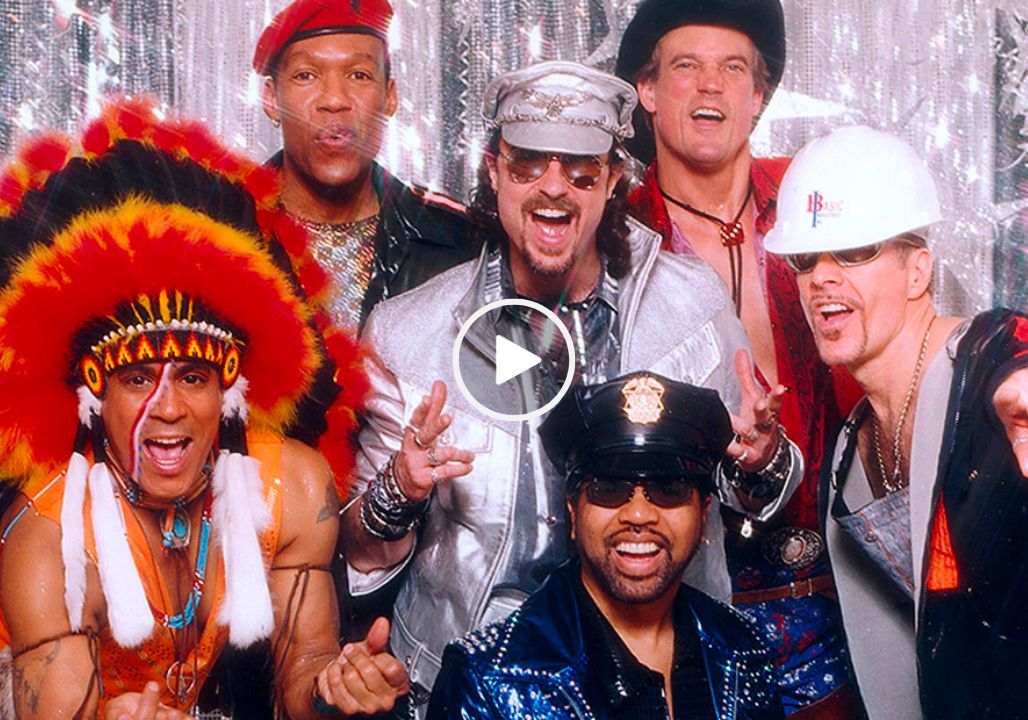Introduction

The Village People’s “YMCA” is more than just a catchy disco tune. Released in 1978, it became an instant international sensation, topping charts worldwide and leaving an indelible mark on pop culture. But what’s the story behind this iconic song? Let’s dive into its history and unravel its enduring legacy.
Disco Dreams and Campy Costumes: Born from the vibrant New York disco scene, the Village People were a group known for their flamboyant costumes and stage presence. Each member embodied a different stereotype: the construction worker, the policeman, the biker, the Indian chief, the cowboy, and the soldier. This playful, campy aesthetic resonated with the burgeoning gay community, who found a sense of empowerment and visibility in the band’s performances.
The Ambiguous “YMCA”: While the song’s title and chorus explicitly reference the Young Men’s Christian Association, its true meaning remains open to interpretation. Some saw it as a playful ode to the community centers offering camaraderie and recreation. Others, particularly within the LGBTQ+ community, interpreted the lyrics and suggestive dance moves as veiled references to cruising and same-sex encounters at these facilities. This ambiguity, coupled with the band’s flamboyant image, fueled the song’s subversive appeal.
Beyond the Disco Floor: “YMCA” transcended its disco roots, becoming an anthem for inclusivity and self-expression. It was embraced by communities often marginalized in mainstream culture, finding its way into Pride parades and gay rights rallies. Despite facing criticism for its perceived double entendre, the song’s message of unity and fun resonated with audiences worldwide.
A Legacy of Celebration: Today, “YMCA” remains a beloved classic. Its instantly recognizable melody and infectious energy continue to fill dance floors and ignite party moods. More than just a disco hit, it serves as a reminder of the song’s role in celebrating diversity and challenging societal norms. So, the next time you hear the iconic “YMCA” chorus, remember its multifaceted history and its enduring legacy as a cultural phenomenon.
